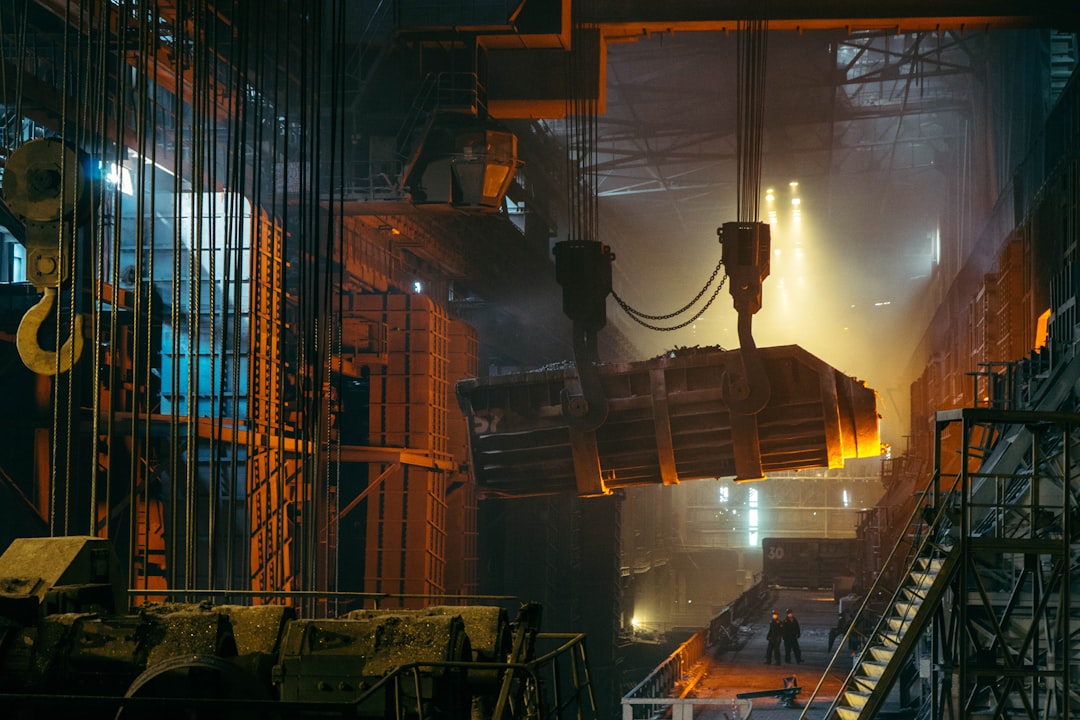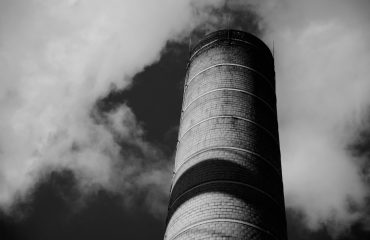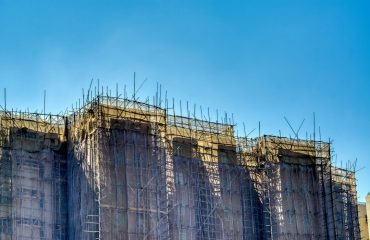Industrial pipes are the unsung heroes of manufacturing. These seemingly simple components play a crucial role in transporting vital fluids, gases, and slurries throughout a facility, impacting efficiency, safety, and the overall success of operations. Choosing the right industrial pipe for your specific needs is critical, and this guide will navigate you through the essential considerations.
Understanding Material Selection for Industrial Pipes
The material of your industrial pipe is paramount. The choice depends heavily on the substance being transported, the operating temperature and pressure, and the corrosive environment. Common materials include:
- Carbon Steel: A cost-effective and widely used option for applications with moderate pressures and temperatures. It’s strong and durable but susceptible to corrosion in certain environments.
- Stainless Steel: Offers superior corrosion resistance compared to carbon steel, making it ideal for handling chemicals, acids, and other corrosive substances. Different grades (like 304 and 316) offer varying levels of corrosion resistance.
- Cast Iron: Provides excellent strength and durability, often used in wastewater and drainage systems. However, it’s more brittle than steel.
- Ductile Iron: A superior alternative to cast iron, offering greater strength and ductility, making it less prone to breakage under stress.
- Plastic Pipes (PVC, CPVC, HDPE): Lightweight, corrosion-resistant, and cost-effective for applications involving less demanding pressures and temperatures. They are commonly used for chemical handling and water distribution.
- Copper: Excellent corrosion resistance and thermal conductivity, suitable for potable water systems and applications requiring heat transfer.
Careful consideration of the material properties in relation to your specific application is essential to prevent costly failures and ensure operational safety.
Industrial Pipe Applications Across Manufacturing Sectors
The applications of industrial pipes are vast and diverse across various manufacturing sectors. Here are some key examples:
- Chemical Processing: Pipes transport corrosive chemicals, requiring materials like stainless steel, PVC, or CPVC to withstand chemical degradation.
- Food and Beverage: Stainless steel pipes are preferred for their hygiene and corrosion resistance, ensuring the purity of food products.
- Pharmaceutical Manufacturing: Stringent hygiene standards necessitate the use of materials like stainless steel or specialized polymers to prevent contamination.
- Oil and Gas: High-pressure and high-temperature applications often require specialized steel alloys with enhanced strength and corrosion resistance.
- Power Generation: Pipes transport steam, water, and other fluids in power plants, requiring materials capable of withstanding high temperatures and pressures.
- Water Treatment: Ductile iron and PVC pipes are commonly used in water distribution and wastewater management systems.
Understanding the specific demands of each industry helps in selecting the appropriate pipe material and design.
Ensuring Safety and Compliance with Industrial Pipe Installations
Safety is paramount in industrial pipe installations. Improper installation can lead to leaks, explosions, and other hazardous situations. Key safety considerations include:
- Proper Welding and Joining Techniques: Ensuring strong and leak-proof connections is crucial, requiring skilled welders and appropriate techniques.
- Regular Inspections and Maintenance: Periodic inspections help identify potential issues like corrosion, leaks, or damage before they escalate into major problems.
- Pressure Testing: Testing pipes to ensure they can withstand the intended operating pressure is a critical step before commissioning.
- Compliance with Industry Standards and Regulations: Adhering to relevant codes and standards (like ASME, ASTM) is crucial for ensuring safety and legal compliance.
- Proper Support and Restraints: Pipes need adequate support to prevent sagging, vibration, and potential damage.
- Emergency Shutdown Procedures: Having clear and effective procedures in place for handling leaks or other emergencies is essential.
A proactive approach to safety is essential for preventing accidents and ensuring a safe working environment.
Factors to Consider When Selecting Industrial Pipes
Selecting the right industrial pipe involves considering various factors beyond just the material. These include:
- Pipe Diameter and Schedule: The diameter determines the flow capacity, while the schedule indicates the pipe’s wall thickness and pressure rating.
- Operating Temperature and Pressure: The pipe material must be able to withstand the expected temperature and pressure conditions.
- Fluid Compatibility: The pipe material must be compatible with the fluid being transported to prevent corrosion or chemical reactions.
- Installation Method: The chosen pipe material and diameter will influence the installation method, including welding, threading, or gluing.
- Cost and Availability: Balancing cost-effectiveness with performance and longevity is crucial.
- Maintenance Requirements: Some materials require more frequent maintenance than others.
A thorough evaluation of these factors ensures the selection of a pipe system that meets the specific needs of the application and optimizes performance and longevity.
The Future of Industrial Piping in Manufacturing
The industrial piping landscape is constantly evolving. Advancements in materials science are leading to the development of new materials with enhanced properties, such as improved corrosion resistance, higher temperature tolerance, and increased strength. Smart piping systems incorporating sensors and data analytics are also emerging, allowing for real-time monitoring of pipe conditions and predictive maintenance. This leads to improved efficiency, reduced downtime, and enhanced safety within manufacturing processes.
Furthermore, sustainability is becoming increasingly important. Manufacturers are exploring the use of recycled materials and more environmentally friendly piping solutions to reduce their environmental footprint. The future of industrial piping lies in the development of innovative and sustainable solutions that meet the evolving needs of the manufacturing industry.
Choosing the right industrial pipe is a critical decision with far-reaching implications for your manufacturing process. By carefully considering the factors outlined above, you can ensure the selection of a reliable, safe, and efficient piping system that supports the success of your operations.
Tags: Industrial Pipes, Manufacturing Pipes, Pipe Selection, Industrial Piping Systems, Pipe Materials




